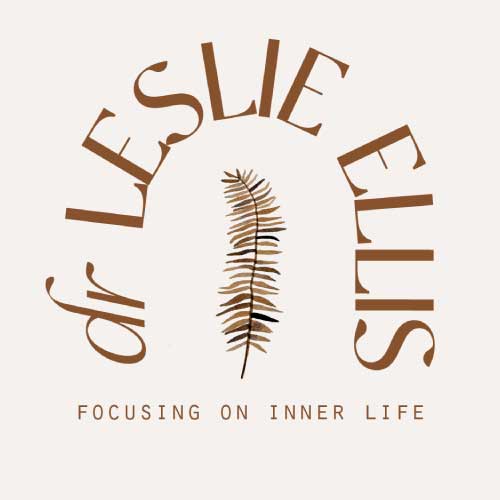I am always trying to improve my programs, so I asked my most recent cohort how their comfort level and ways of working with dreams have changed over the past year as a result of participating in my Embodied Experiential Dreamwork program. It is so gratifying to hear how many deepened and freed up their relationship to dreams. On average students started with a comfort level of 3/10 in their dreamwork practice, and ended up at 7, more than doubling their collective confidence in working with dreams.
I have gathered some representative comments from the recent exit survey. These might be especially useful for those of you considering taking this program – the next cohort begins September 21, and there are still a few spaces.
One student, who prefers to remain anonymous said that as a result of taking the program: “I have been more motivated to dive deeply into my dreams, to spend extra time with them, to come back to them. It is now easier for me to explore a dream from the felt sense as opposed to analyzing and interpreting. Perhaps what I appreciate the most is the concept of how dreams have a life of their own, and that working with them changes them… Now it is easier for me to make space for whatever shows up.”
She continued: “The videos, podcasts, and articles were well organized and very clearly presented. The materials offered were very generous, over and above expectation. Class time was amazing, and it was good to have most of it be experiential. Leslie is a master at working with dreams and facilitating the group experience, in addition to having a solid basis from an academic perspective… This course was more than I hoped for, and I can’t imagine it being any better!”
Carrie Moy, a focuser in training, wrote: “This program teaches you a powerful way to work with your own dreams and those of others. My connection to my dream life has deepened considerably as result of this program. I have developed reverence for and love of my dreams, and I feel this has had the secondary impact of me increasing compassion and tenderness towards myself. I also have enjoyed working with others’ dreams in group processes. It has brought heart-opening connection during these uncertain times.”
Michelle Carchrae, a registered clinical counsellor, said: “Now that I’ve had direct experience of doing dreamwork as a client, I know that it works and I have a sense of what it feels like when it does work. I have more trust in the process as well as an intellectual framework and steps in a process that can guide me when doing this work with clients.”
Markel Méndez, a Jungian oriented art and psychodrama therapist, said, “Now I am less worried about meaning or interpretation and more focused on experience and body sensations. In this new path, I found more creativity.”
Walter Smith, a retired minister and spiritual director, said: “This class gives particpants the ability to feel at ease in dealing with their own dreams while at the same time opens many different ways dream workers deal with dreams. It is an exciting way to become engaged with the larger dream world.”
Regarding quality of instruction, Smith wrote, “Leslie has a beautiful gift of creating an open and safe place for people to share dreams. Her presentation skills are top-notch. She never seems rushed, and presents in a clear and concise manner. This class was worth every penny. Not a single minute or dollar was wasted. Taking this class was one of the best decisions I ever made.”
Rocio Aguirre, a coach and meditation teacher tells prospective students: “You will increase your confidence to work with your own dreams and the dreams of others. You will have a greater understanding of trauma-related nightmares and how to work with them… and you will be in the hands of an expert in dreams and dreamwork. Leslie is always looking for new research and keeping us updated during the course.”
Head of PhD Studies at University of California, professor Anthony Kubiak summed it up by writing: “I would recommend this course without reserve. It gave much more confidence going forward with my own and others’ dreamwork.”
Spiritual director Nancy Finlayson commented on the extensive online materials that come with the course: “Loved it. I really appreciated the quality and content. It helped me grasp the concepts and bring them into practice… Leslie is an excellent instructor whose passion for dream work is contagious!”
There is more… and I am so humbled and pleased that everyone gave me the highest rating as an instructor. There were also some ideas for improvement, and I will be adopting these in the next cohort, which begins Sept. 21 and runs from 9:30 to noon on Wednesdays for the coming year (skipping December). Robbyn Peters Bennett will also be teaching the class with me. We do hope you will join our amazing dream study community.


